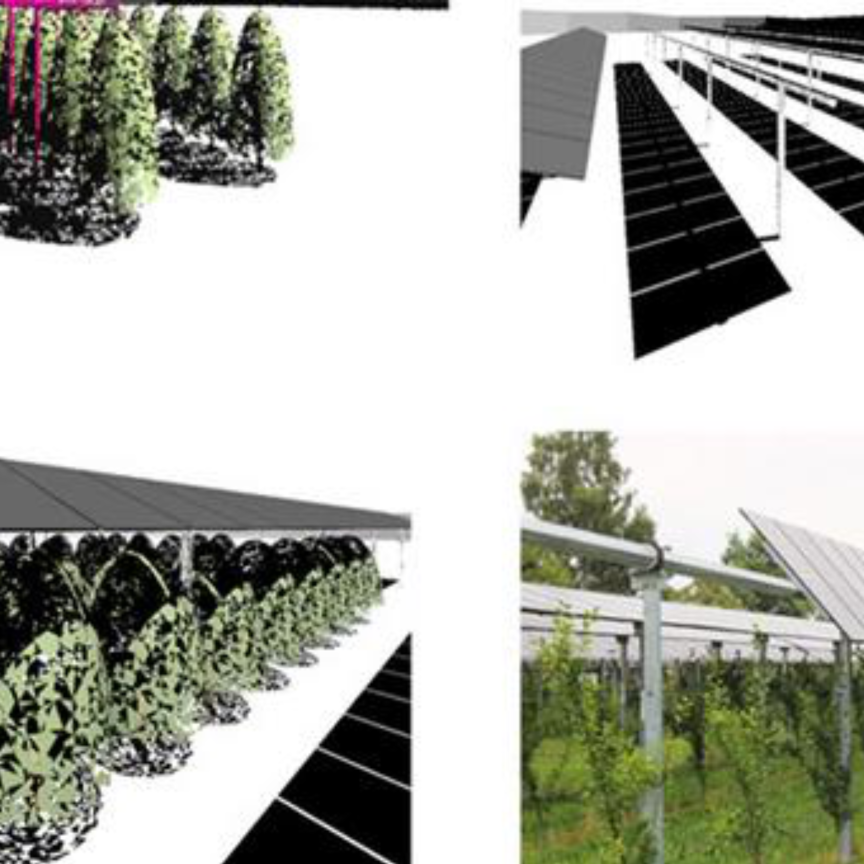As the world increasingly turns to renewable energy sources, the solar industry stands at the forefront of this transition, offering a sustainable solution to our growing energy needs. Within this dynamic sector, the role of spectroscopy has become vital, revolutionising the production processes of solar panels and driving innovation forward.
Monitor thin film production and quality control
Monitoring thin film solar panel manufacturing inline is essential for maintaining precise process control and ensuring consistent product quality. Spectroscopic data acquisition plays a crucial role in this process, providing real-time insights into plasma emission and reflection measurements throughout the deposition stages of various materials, such as CIGS and CdTe, onto substrate materials. By enabling multi-point monitoring at different process stages and across material webs, spectroscopy facilitates early detection of deviations and adjustments, minimising production errors and maximising efficiency.
The integration of spectroscopy offers significant benefits to quality control inspection in thin film solar panel production. By enabling quantitative measurement of thin film reflection, spectroscopy allows for precise assessment of single or multilayer coatings, ensuring uniformity and adherence to specifications. This capability not only enhances product quality but also reduces waste and rework, ultimately leading to cost savings and improved end products.
Avantes' spectroscopic solutions, such as the AvaSpec-VARIUS spectrometer, are well-suited for these critical monitoring and quality control tasks. With high-speed processing capabilities, excellent resolution, and broad wavelength coverage, Avantes instruments provide reliable and accurate data for informed decision-making in thin film production. Additionally, Avantes offers flexible options, including OEM modules for integration into manufacturing control systems, catering to the diverse needs of solar panel manufacturers.
Solar simulator characterisation
Solar simulators serve as indispensable tools for the testing and measuring of photovoltaic arrays, playing a crucial role in ensuring the reliability and performance of solar energy systems. However, characterising these simulators presents unique challenges, given the diverse design features adopted by different manufacturers to meet the varying needs of photovoltaic panel producers.
Standards such as ASTM E927 – 10 and IEC 60904 provide essential guidelines for the characterisation of solar simulators, outlining rigorous testing procedures to evaluate their spectral output against the Air Mass 1.5 Global (AM1.5G) reference spectrum. Spectroscopic solutions, comprising spectrometers, fibre-optic cables, and sampling heads such as cosine diffusers or integrating spheres, play an important role in this characterisation process.
By utilising spectroscopic solutions, manufacturers can achieve precise and accurate measurements of solar simulator performance, ensuring compliance with industry standards and consistently delivering reliable testing results. Avantes' SensLine series of back-thinned CCD instruments, known for their high quantum efficiency in both the UV and NIR ranges, are ideally suited to meet the demanding requirements of solar simulator characterization. The AvaTrigger device facilitates seamless integration and synchronisation of Avantes instruments with pulsed solar simulators, enabling precise data collection and storage to onboard RAM. This capability not only ensures ultra-fast data acquisition but also facilitates the characterization of pulsed solar simulators' uniformity, a critical aspect of their performance assessment.
Direct solar measurements
Measurement of direct solar radiation is essential for a wide array of applications, spanning from climate research to industrial energy optimization. Accurate data on solar radiation aids in understanding climate patterns, optimising solar energy utilisation and developing sustainable energy solutions. Direct solar measurements are particularly crucial for assessing the performance of solar concentrators, tracking heliostats, and ensuring the efficiency of solar energy systems.
Utilising spectroradiometer systems, researchers and industrial entities can obtain precise measurements of solar radiation characteristics. These measurements provide invaluable insights into the spectral composition and intensity of sunlight, enabling informed decision-making in various fields. By analysing direct solar radiation, researchers can better understand the Earth's energy balance, contributing to advancements in climate science and renewable energy technologies.
Avantes offers multiple solutions for direct solar measurements. From spectrometers to specialised bifurcated fibre-optic cables, and cosine function diffuser for solar tracking, we will find the right solution for your application.
Conclusion
In summary, the application of spectroscopy in the solar industry has revolutionised various aspects of solar panel production and research. Spectroscopic techniques ensure quality control and optimised efficiency, facilitate accurate testing, and drive advancements in solar energy utilisation and environmental monitoring. As the solar industry continues to expand, the integration of spectroscopic solutions promises to enhance further productivity, sustainability, and innovation in solar technology.
Further information
Visit www.avantes.com for contact or more information, we are happy to help!


